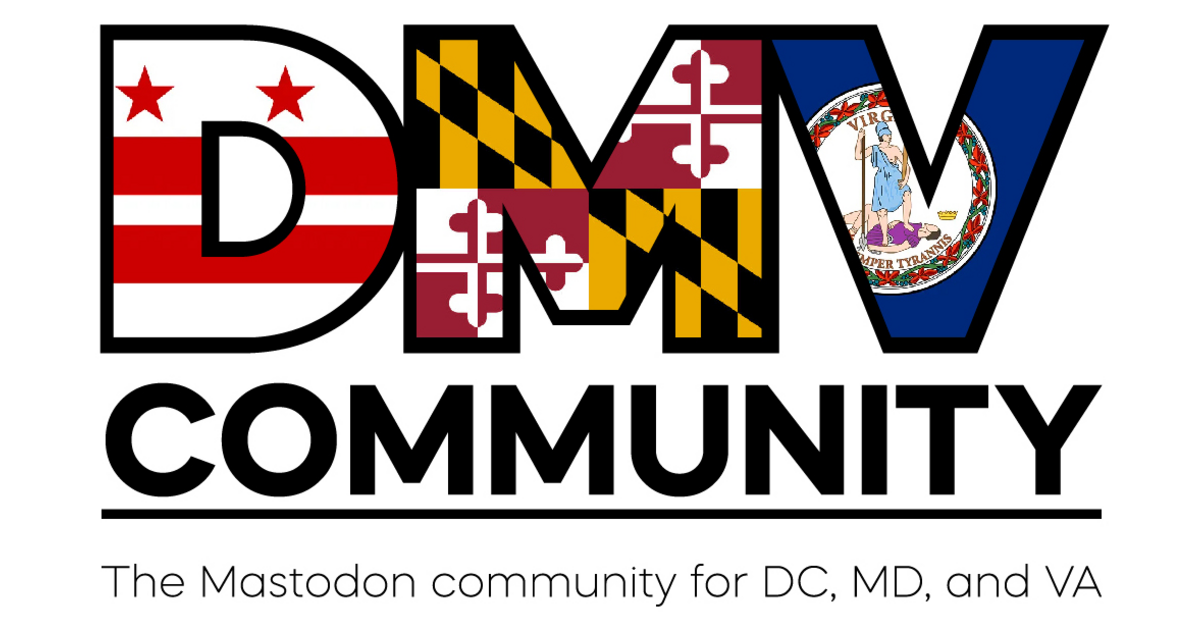I'm an HPC user of CPU Fortran compilers, and my primary/preferred compiler is__________"
Recent searches
Search options
#fortran
Does anyone know a specific version of fortran or algol that does not have "for" as a reserved word, so it can be used as a variable or something, I need it for an exam. #programming #fortran #algol
First real brush with Fortran in the wild since hundreds of years ago as a student converting code from "Numerical Recipes in Fortran" books into C.
On a Mac I needed to install gfortran-12.2-universal.pkg from https://cran.r-project.org/bin/macosx/tools/ to let me install the nlme package from source.
I would be a greybeard #UNIX guy if I could grow a non-scraggley beard, and it's unfair to the #DOGE teens to claim that the IRS and Social Security rely on ancient #COBOL code that only a few people alive actually understand. They also rely on ancient #FORTRAN code and even I never studied that at Computer Camp.
Pondering if I dare to put #Fortran into my CV. 
I can do some Fortran, partly because it keeps coming up in all sorts of #retrocomputing contexts, but, even with Ratfor enhancements, I don't consider it a well-designed or pleasant language, and I'm not sure I can see myself working at a place that deals in new Fortran code now that nice, human-friendly languages such as NumPy and APL have been invented. Besides, 21st century Fortran is a really weird language that doesn't even know what it wants to be when it grows up.
The original #LISP had 7 primitives: \(\texttt{cons}\), \(\texttt{car,}\) \(\texttt{cdr}\), \(\texttt{atom}\), \(\texttt{quote}\), \(\texttt{eq}\), and \(\texttt{cond}\). And the original #Smalltalk syntax could fit on a 5×7 card. That meant a novice could learn the syntax in a matter of minutes, and direct all his efforts to learning how properly to wield the power of that Turing-complete language. This was why, in the 1970s and the 1980s, many college freshmen were taught FP in Scheme (a more modern LISP) and many middle school children were taught OO in Smalltalk. These were surely the best "first" #programming languages.
#FORTRAN and #BASIC were simple, too. FORTRAN, the first high-level language, has been in continuous use since the late 1950s by engineers, who are not keyboard warriors. BASIC was invented in the early 1960s for teaching programming to non-STEM students at Dartmouth. It sired a whole generation of self-taught children in the 1980s.
Compare those to C++, Erlang, Python, Haskell, Java, JavaScript, Scala, Rust, Kotlin, and pretty much every language in popular use today. Most consider Python and JavaScript to be the simplest of modern languages. Yet, they are massive, complex languages. No 10-year-old could teach himself those, nor should he.
The original versions of those classic languages cannot be used to solve modern problems. But they should still be taught to youngsters as their first language. Throwing in the kids' faces a modern enterprise language confuses them and discourages them. Consequently, many novices never attain that state of flow, when the joy of programming gushes forth.
#Simplicity is a virtue. Self-motivated learning is virtuous.
I predicted¹ in 2014 that #julialang might replace #Fortran for #science and #engineering calculations. I think this process has begun and will continue.
Get a solid foundation in Julia (or any) language by starting with a good book:
Writing a commandline tool in #Fortran:
https://www.draketo.de/english/free-software/fortran
In case you want to broaden your #programming skills. Fortran seems to be making a comeback (currently 11 in the Tiobe index: https://www.tiobe.com/tiobe-index/fortran/ ).
This is from 2017, written at the end of my Physics PostDoc where I used quite a bit of Fortran and learned to appreciate it much more than I expected.
FORTRAN package manager in Guix?
https://github.com/fortran-lang/fpm
https://stackoverflow.com/questions/79357849/how-to-package-the-fortran-package-manager-for-gnu-guix
It's backed by https://www.sovereign.tech/tech/fortran
“Personally, I think the world needs only so many implementations of #FORTRAN 77.” — #RobertNystrom
is #Fortran memory safe?
I don't think I have ever heard of a CVE in Fortran code.
Interested in #MPI and #OpenMP parallel programming to speed up your scientific applications written in #C, #Cpp, #Fortran or #Python (with #numpy)?
Attend our course in #Mainz at the Johannes Gutenberg University (#JGU) for a 4-day course from 1. April to 4. April 2025! We still have plenty of space available!
See our announcement page for further details and to register: https://indico.zdv.uni-mainz.de/event/34/
Note, it is an on-site course.
We wouldn't have this problem with DOGE's interns if they had to learn COBOL, FORTRAN, and PASCAL - like I had to.
BTW: My major programming language? Perl
Second only to Objective-C... NOT SWIFT. Obj-C!
Writing #python to parse SAS code to call #rust via FFI to generate #json to feed into a #javascript front end written in #typescript
Gotta get #fortran or #brainfuck in here just to round it off.
The talk I gave at #FluConf, "A tale of two compilers", is now on archive.org:
https://archive.org/details/wim-vanderbauwhede-a-tale-of-two-compilers
It's about #Fortran, #Perl, #Uxntal and Fractran with the odd mention of Haskell as well. And of course my own Funktal language.
All languages have life cycles. Hell, some even go dormant and become popular — or unexpectedly critical – again.
What would qualities would a language need to have to eventually threaten Python's dominance? My fear is any innovative ideas will just get absorbed. Yes, I realize much of #Python's muscle is marketing by big industry players.
#Programming in legacy languages because, Why not?
@engineerminded sure there is. It might not be as cool as newer languages, but everything has it's purpose. I knew #cobol was still around I didn't know #fortran was still used. Im curious, if you're at liberty to say, which industry are you programming for?
I am programming in #COBOL and #FORTRAN now. As it turns out, I like legacy programming languages too.
Is there a place for that in the #programming community?


